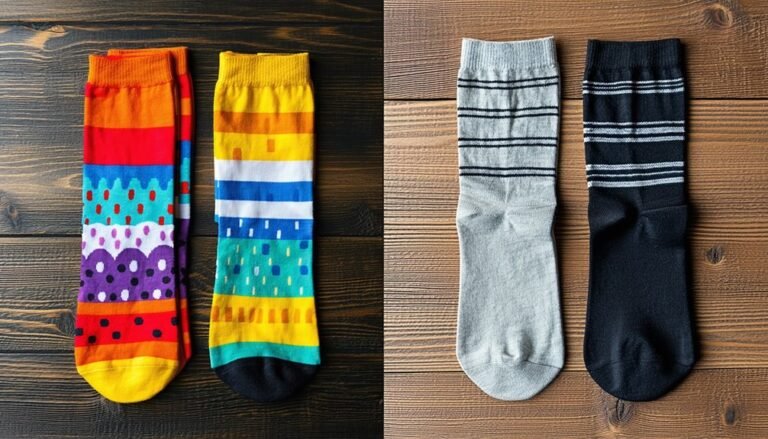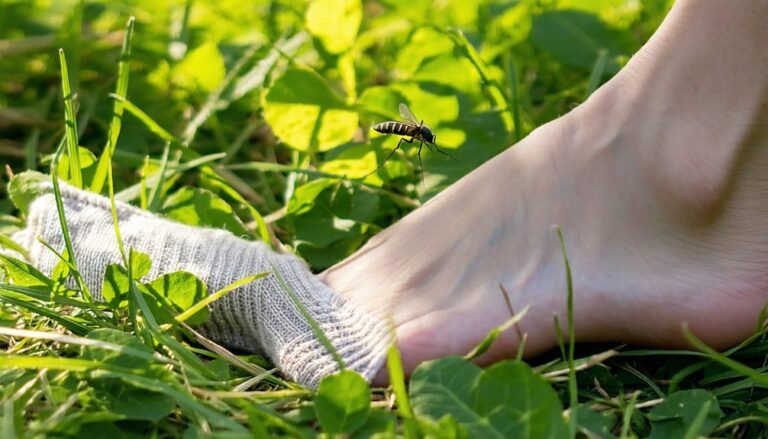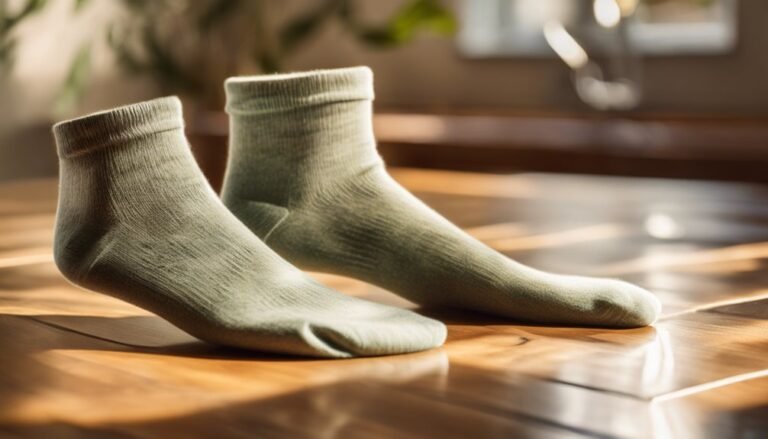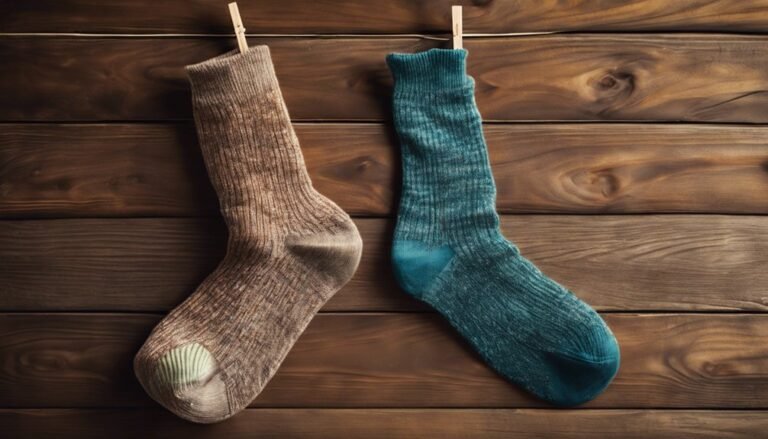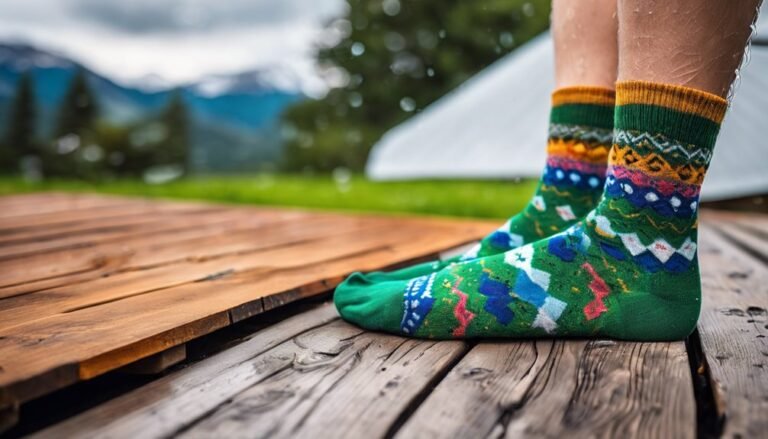Why Do Some Socks Make Feet Sweaty? Understanding Breathability
Imagine this: It's a warm summer day, and you're out enjoying a walk in the park. As you stroll along, you notice that your feet are becoming uncomfortably sweaty, and you wonder why. Have you ever noticed how some socks seem to trap heat and moisture, leaving your feet feeling clammy? This can be attributed…


